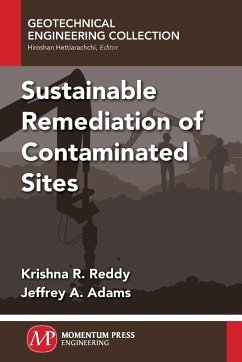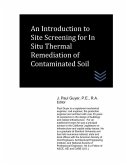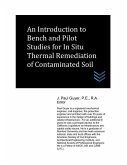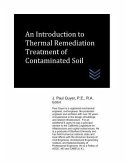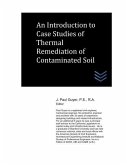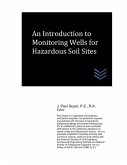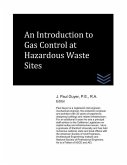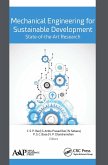Traditional site remediation approaches typically focus on the reduction of containment concentrations to meet cleanup goals or risk-based corrective levels with a primary emphasis on remediation program cost and timeframe. Such an approach, however, may result in ancillary impacts to the environment that, when considered in totality with the remediation activity, result in a net negative impact to the environment. In contrast to a traditional remediation approach, Green and Sustainable Remediation is a holistic approach to remediation that considers ancillary environmental impacts, and aims to optimize net effects to the environment. The Green and Sustainable Remediation approach addresses a broad range of environmental, social, and economic impacts during all remediation phases. The objective of the approach is to achieve remedial goals through more efficient, sustainable strategies that conserve resources and protect air, water, and soil quality through reduced emissions and other waste burdens. Green and Sustainable Remediation also simultaneously encourages the reuse of remediated land and enhanced long-term financial returns for investments. Though the potential benefits are enormous, many environmental professionals and project stakeholders to not utilize green and sustainable technologies because they are unaware of methods for selection and implementation. Sustainable Remediation of Contaminated Sites describes the Green and Sustainable Remediation decision framework, presents qualitative and quantitative assessment tools, including multi-disciplinary metrics, to assess sustainability of Green and Sustainable Remediation, and reviews potential new technologies. The book will also present several case studies that include Green and Sustainable Remediation solutions, and will also highlight the challenges in promoting this practice.
Hinweis: Dieser Artikel kann nur an eine deutsche Lieferadresse ausgeliefert werden.
Hinweis: Dieser Artikel kann nur an eine deutsche Lieferadresse ausgeliefert werden.

